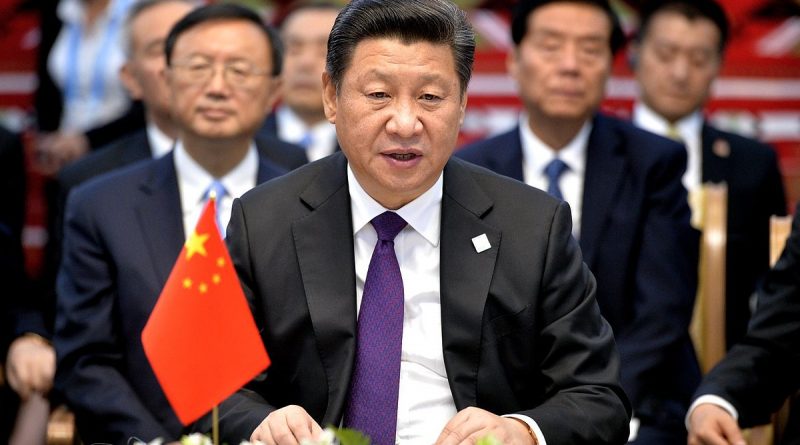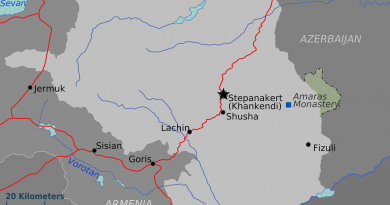Xi Jinping to be Handed Third Term at Party Congress
Kevin Arango
Staff Writer
The Chinese Communist party opened its 20th National Congress on October 16. This meeting is expected to be one of the most important in the party’s history, as it is anticipated that current Supreme Leader Xi Jinping will be handed a third consecutive five-year term. President Xi Jinping has arguably become China’s most powerful president since Chairman Mao Ze Dong. According to BBC News, Xi has held three of the Chinese government’s most important positions for the last 10 years, as the Chinese president, Communist Party Secretary, and commander of the Chinese armed forces. Many experts have criticized the authoritarian direction in which Xi has taken China, and his forecasted third term is a strong signal of the continuation of that policy.
President Xi has strategically amassed power over the years to advance from an equal in a government based on collective leadership to what is essentially a supreme leader. According to Reuters, Xi is in the process of purging the Chinese government of opposition, investigating as many as 4.7 million officials he deemed disloyal or ineffective. Additionally, Xi has been able to maintain the Chinese economy on its course to becoming the biggest economy in the world, which has granted him credibility in the Chinese government; however, the Chinese economic miracle seems to be disappearing with growth rates slowing every year, as the South China Morning Post reports.
Xi has cemented his power in Chinese politics under the guise of strengthening national unity, preaching that all ethnic groups inhabiting China’s vast territories owe allegiance to one indivisible China whose history stands above ethnic divisions. According to BBC News, everywhere from Tibet to Taiwan, Communist Party officials operate to cement and enforce the idea of one China. These policies, as well as accusations of authoritarian abuse culminating in numerous human rights violations against ethnic minorities, will likely only increase in intensity as Xi seeks to consolidate his control over unassimilated provinces such as Xinjiang, Tibet, and even Taiwan. Xi’s almost guaranteed third term signals the Communist Party’s support of the efforts to forge a cohesive national unity by any means necessary.
The continuation of President Xi’s tenure has strong implications for the West. Unlike his predecessors, who were influenced by the Dengist ideals that followed pragmatism in order to involve China in the world market, Xi has returned to a Maoist modus operandi where ideology influences policy more often than the other way around, according to Foreign Affairs. Analysts conclude that Xi has pursued a foreign policy with characteristics of the nationalist right, namely in his belief that history is on China’s side and that China needs to develop a more just world order based on its own power. Chinese ideologues under Xi Jinping believe that the United States and the capitalist world will inevitably collapse under the weight of their own contradictions and that China must fill that power vacuum. China’s ideological impetus has real implications like its increasingly aggressive foreign policy; something that is likely to continue during Xi Jinping’s third term.
Image courtesy of President of the Russian Federation



